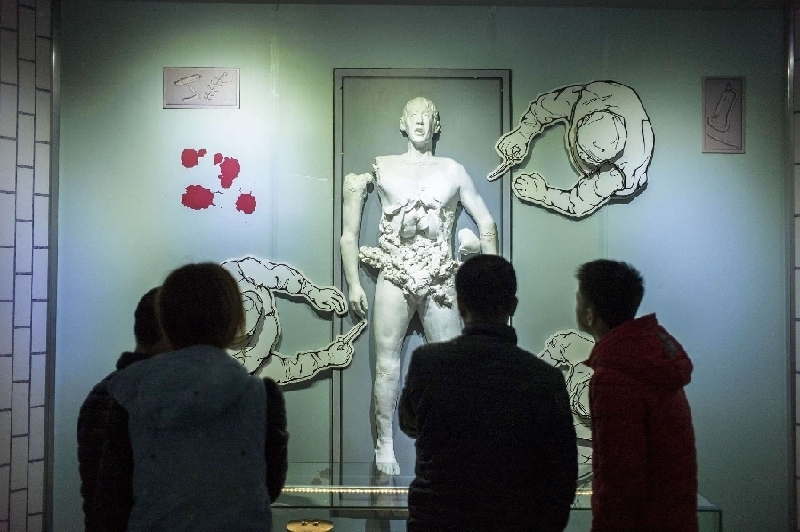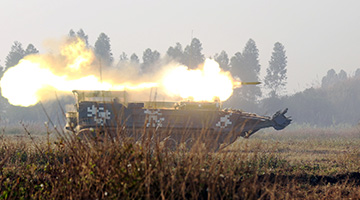The documentary offered new evidence and recorded confessions from multiple sources, including from several Russian archives and also included interviews of the relatives of former Unit 731 researchers.
"[Unit 731] used melons to breed typhi bacteria and forced Chinese people to eat them. All the victims were then infected with the lethal disease," Koto Yoshio, a former member of the unit, disclosed in his recorded statement used in the documentary.
The NHK-produced film also offered gory details of how even women and children were used as subjects for criminal experiments on bacteriological weapons. They were repeatedly used for various live trials till the last moments of their lives.
Officially known as the Kwantung Army Epidemic Prevention and Water Purification Department, the unit was secretly built at the Pingfang district of Harbin in the erstwhile Manchuria (now northeast China’s Heilongjiang Province) between 1934 and 1939. The facility officially adopted the name "Unit 731" in 1941.
Surgeon General Shiro Ishii, a microbiologist, was the notorious director of the facility that was responsible for some of the most horrifying war crimes carried out by Imperial Japan.
Unit 731 received generous support from the Japanese government up to the end of the war in 1945, when retreating Japanese invaders blew up the base to cover up their crimes before they surrendered.
The relics of the facility remain at the site of Unit 731 in Harbin and a part of the remains has been converted into a museum in the memory of the victims of Japanese atrocities.
Dubious role of the US

January 7, 2015: Visitors look at a scene of human experiments at the Unit 731 museum in Harbin, northeast China's Heilongjiang province. /VCG Photo
Arrested by the US occupation authorities at the end of World War II, General Ishii and his protégés were to be thoroughly interrogated by the Soviet authorities, according to a 1984 BBC report.
Instead, Ishii and his team managed to negotiate and were secretly given immunity by the US in exchange for their full disclosure of germ warfare data based on human experimentation.
In a 2005 article for The Guardian, Richard Drayton, a Cambridge University history lecturer, claimed that Ishii later went to Maryland in the US to advise on bioweapons. It has been speculated that Ishii went to Fort Detrick, which was the main center of the US biological weapons program from 1943 to 1969. Following the discontinuation of the program, the center continued to function as the hub of the country's biological defense program.
The NHK documentary has been well received in China, where there is a deep anguish over Japanese war crimes. Commentators on Chinese social media have remarked that "the recognition of war crimes is the first step toward solid Sino-Japanese relations."
"Unit 731’s repulsive war crimes should not only be heard by Chinese people, but also by the Japanese public. Acknowledging the wrongdoings in the past, NHK has made a good example to those Japanese leaders who dare not even issue a proper apology to the victims," wrote a netizen on Sina Weibo.
Others were critical of the US role in the matter. "After World War II, because of geopolitical reasons, the US granted immunity to war criminals of Japan and kept many of them in power. The US should be put on trial in the International Court of Justice," commented another netizen who goes by the name Pauil.












